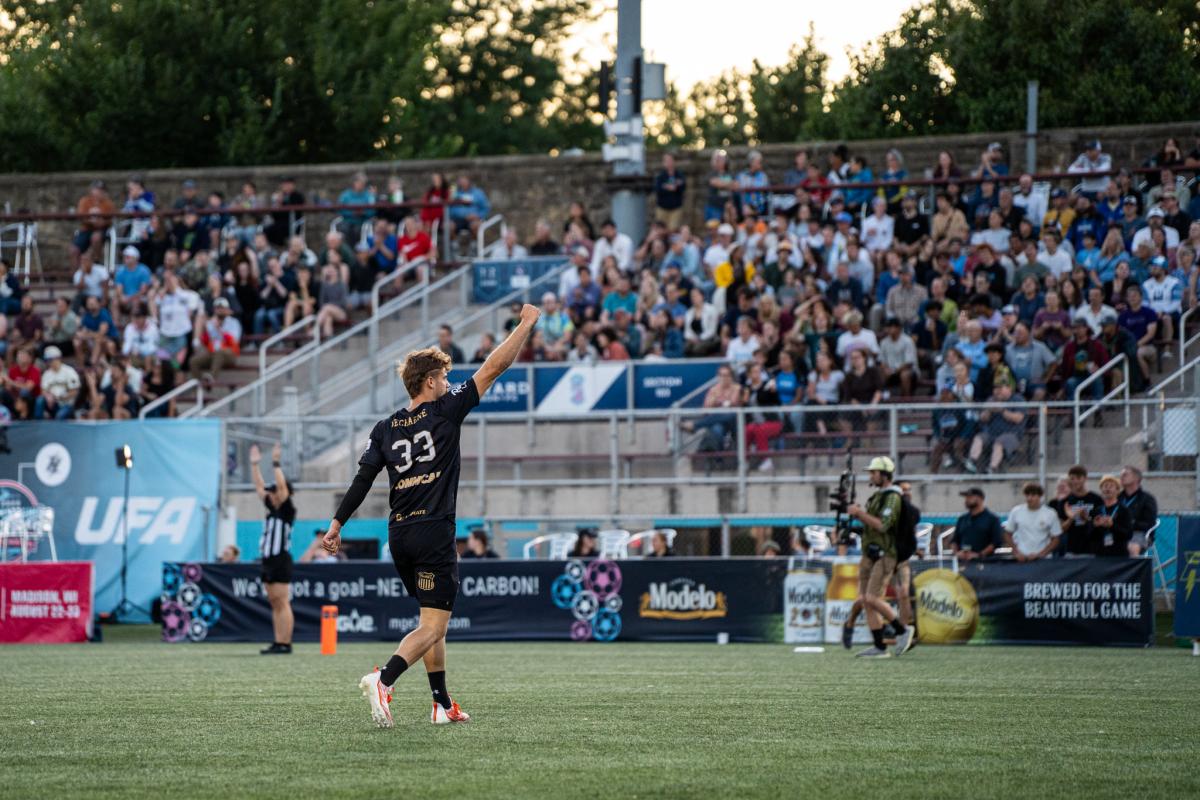
October 21, 2025
By Evan Lepler
With an intertwined past and a tantalizing future, Tobe Decraene and Daan De Marrée proudly stand side-by-side in the present. They are two tremendously talented, exceptionally well-rounded, and ultra-determined frisbee superstars who also have been fueling each other’s motivational tanks since they were boys back in Belgium.
“Daan and Tobe have been fierce competitors since they were teenagers,” said Sofiene Bontemps, another skilled Belgian who’s witnessed firsthand their dual ascent toward ultimate excellence. “They’ve been playing against each other since around 2016-2017. That rivalry definitely pushed them both to get better every season.”
In recent years, they’ve steadily improved to the point where they’ve become—by virtually any measure—two of the top players in Europe. And over the past two seasons in the UFA, they did way more than just prove that they belonged. Astonishingly, they have excelled beyond anyone’s wildest imaginations, turning heads, winning awards, and prompting many to wonder just how in the world these two young dudes—from Belgium of all places—have blossomed into the top two finishers in the league’s most recent MVP race.
Is it just a random, inexplicable coincidence that these two unbelievable athletes happened to grow up about an hour apart from one another outside of Brussels?
Or perhaps there was something brewing in this relatively small country—roughly the geographic size of Maryland—that might have fostered their concurrent rise toward the highest caliber of competition?
There’s not a simple answer, but it sure creates a fascinating conversation, one that raises all sorts of macro discussions about how ultimate and player development have evolved both here in North America and overseas. Of course, each of these unique individuals has his own story too, with different intersecting journeys and circumstances that have conspired to launch them past so many of their peers.
Furthermore, while their accomplishments are already noteworthy and impressive, the even bigger question could be just how groundbreaking this young duo can be in the decade ahead.
Finding Frisbee
De Marrée may be two years older—Daan turned 24 in May, while Tobe celebrated his 22nd birthday in June—but Decraene is the one who has been around the sport throughout his entire life.
“Tobe has been into ultimate basically since he was born,” said Kristof Morlion, the President of the Belgian Flying Disc Federation. “His mom, uncle, and aunt were active players and ultimate community members, so from a very young age, Tobe was on the sideline watching them play and getting to know the game and spirit, long before he started elementary school.”
By the time he was 14, Decraene boldly made the decision to fully focus his athletic endeavors on frisbee, setting ambitious goals to see how high he could climb in the sport of ultimate.
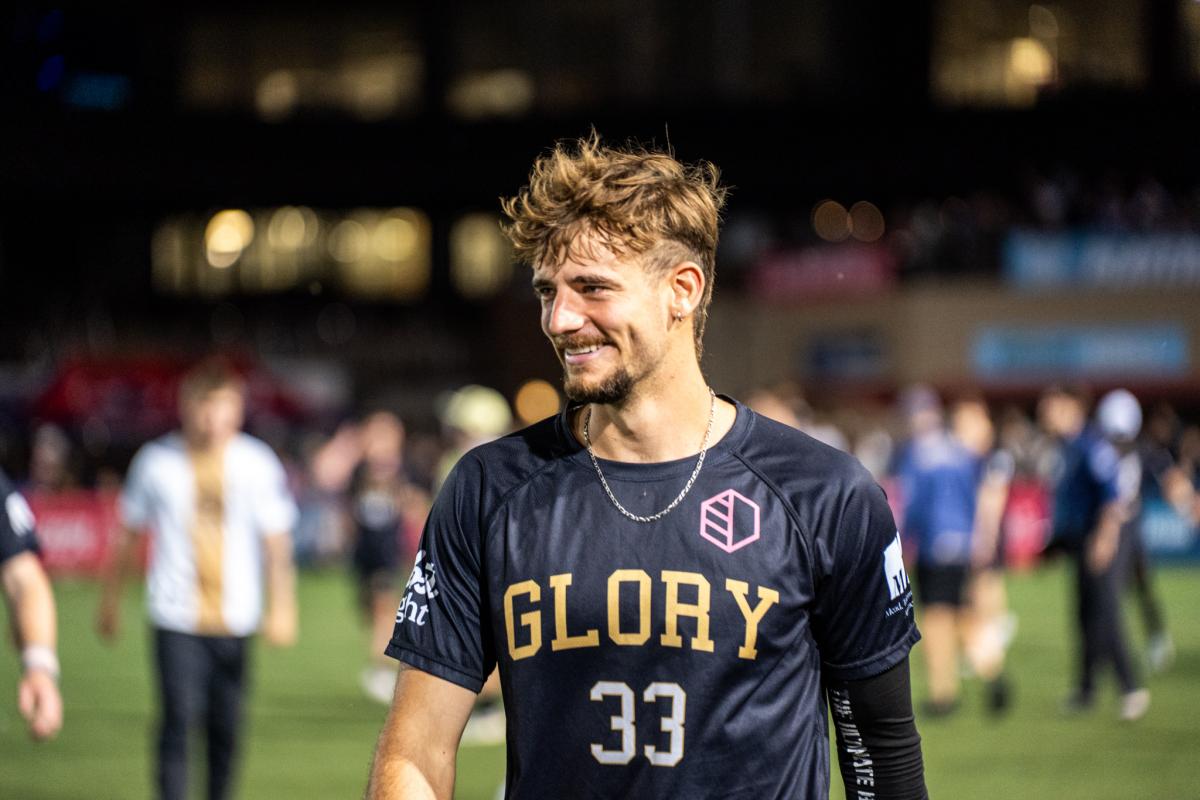
“It is true that Tobe comes from ultimate royalty, but since he was a kid, he had the ambition of becoming a professional ultimate player in the States,” said Ine Lanckriet, an accomplished frisbee player, coach, and organizer in Belgium. “I think it is incredible that Tobe not only lives his dream today, but topping that with being the best player in [the UFA] at the moment. Between saying what you want and then just doing it, we all admire him for that, and he motivates a heap of youth here in Ghent and Belgium.”
Decraene remembers feeling a slight sense of hesitation about his decision to completely devote himself to the sport of ultimate, but he speaks from the heart in explaining why he had to follow this particular path.
“There was definitely a thought of maybe I shouldn’t go all-in with this and maybe search [for] a sport that makes more money,” explained Decraene. “But the love for the game, just the feeling I get when I chase a disc, when I know there’s gonna be an opportunity to do a layout, when I sky somebody, when I do a huck, anything like that is just a feeling I’ve never been able to find somewhere else, so I definitely made the right choice.”
Unlike Decraene, De Marrée never experienced that unique joy of ultimate until he was 14 years old. The first exposure came at a summer camp, when the leader of his group happened to play for JetSet, the local team in his hometown of Leuven. Quickly, Daan learned how to throw, and soon thereafter he was recruited to play with that same JetSet squad. One year after that, he played in his first U-17 European Championships in 2016.
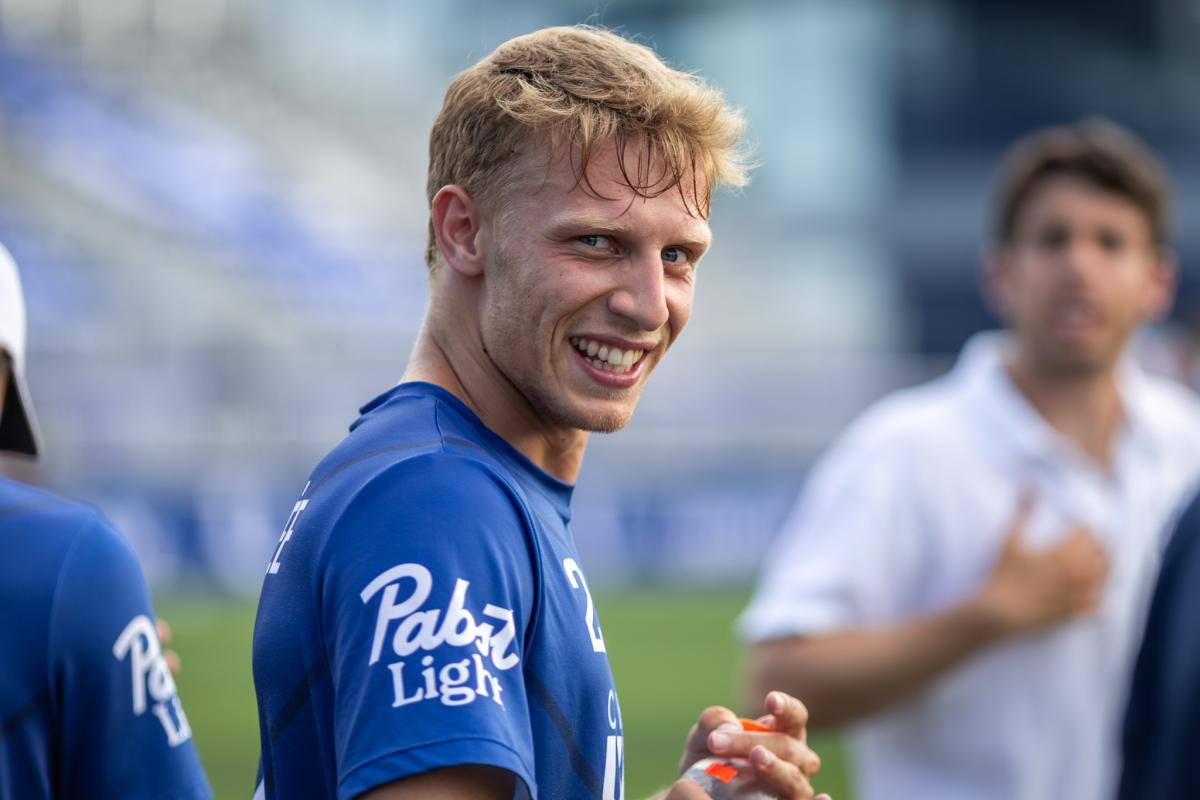
“He played high-level soccer as a midfielder, and that background shows in how he moves and reads the field,” recalled Bontemps. “His scanning, stamina, and athleticism made him stand out right away once he switched to ultimate. I still remember seeing Daan for the first time at the U-17 European semis against France in 2016. He was unreal—getting blocks, skying people, catching everything. For someone who’d only been playing a couple of years, he already looked complete.”
Becoming Rivals
Neither Decraene nor De Marrée could recall exactly when they first competed against each other, but they both made it clear that they could not really remember a time when they weren’t battling one another.
“We played U-17 indoors, U-17 outdoors, U-20 indoors, U-20 outdoors; I’ve kinda played all my life against him,” said De Marrée. “And then also with him on the national team. It’s always a battle with him.”
While they joined forces together for the first time on a unified U-17 Belgium team in 2017, they have spent most of their careers going head-to-head, breeding a friendly yet unquestionably intense rivalry.
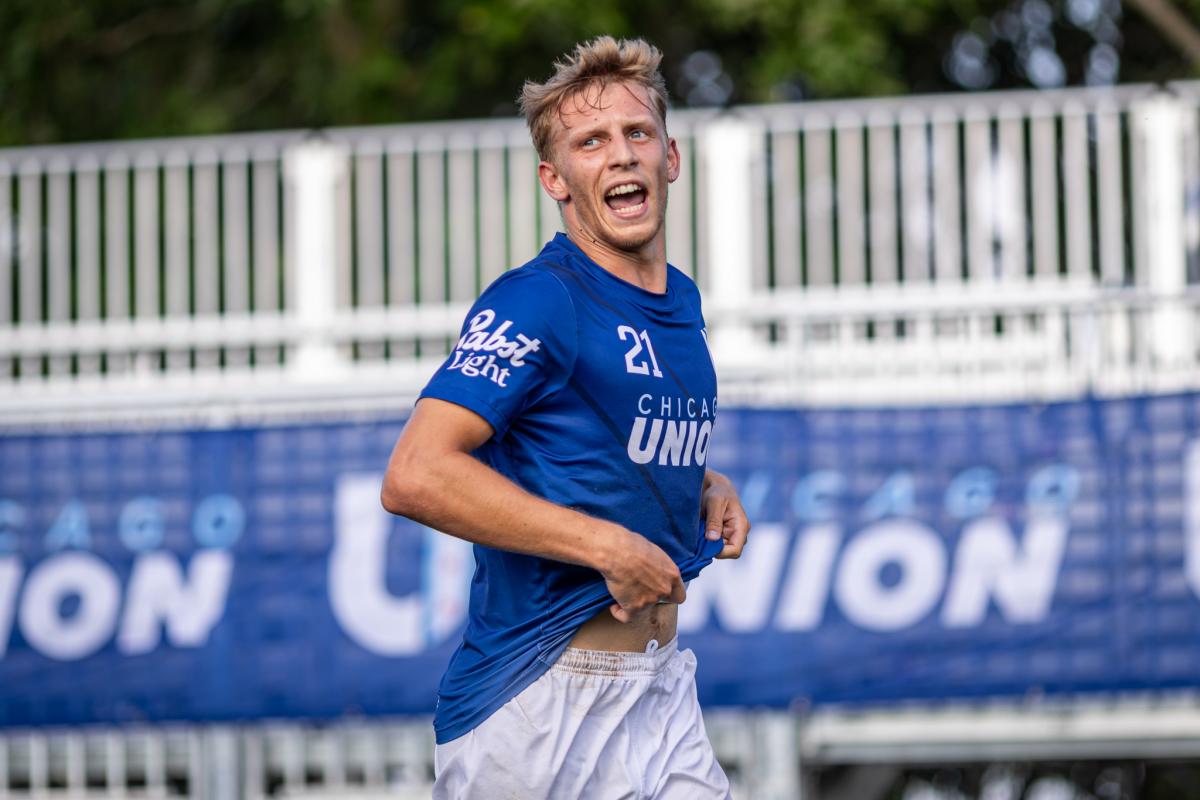
“I get the sense that the two feed off of each other,” said former Colorado Summit standout Alex Atkins, who joined Decraene’s local club team, Gentle, for a tournament in Belgium this past spring. “They’re competitors, they want to be the best, and because of their proximity in distance and age, I think it contributes to them wanting to work harder than their counterpart.”
Both Belgians agreed with this assessment, articulating their perspectives in various ways.
“Every time you lose against him, it’s like, ‘damn, I wasn’t good enough today,’” said Decraene. “At the end of the day, I’m able to change a game, so I’m always angry if I lose. I’ll always use it as fuel [...] That fuel keeps adding up, wanting to be better than the other one. You never can let your foot off the gas, or the other’s gonna catch up.”
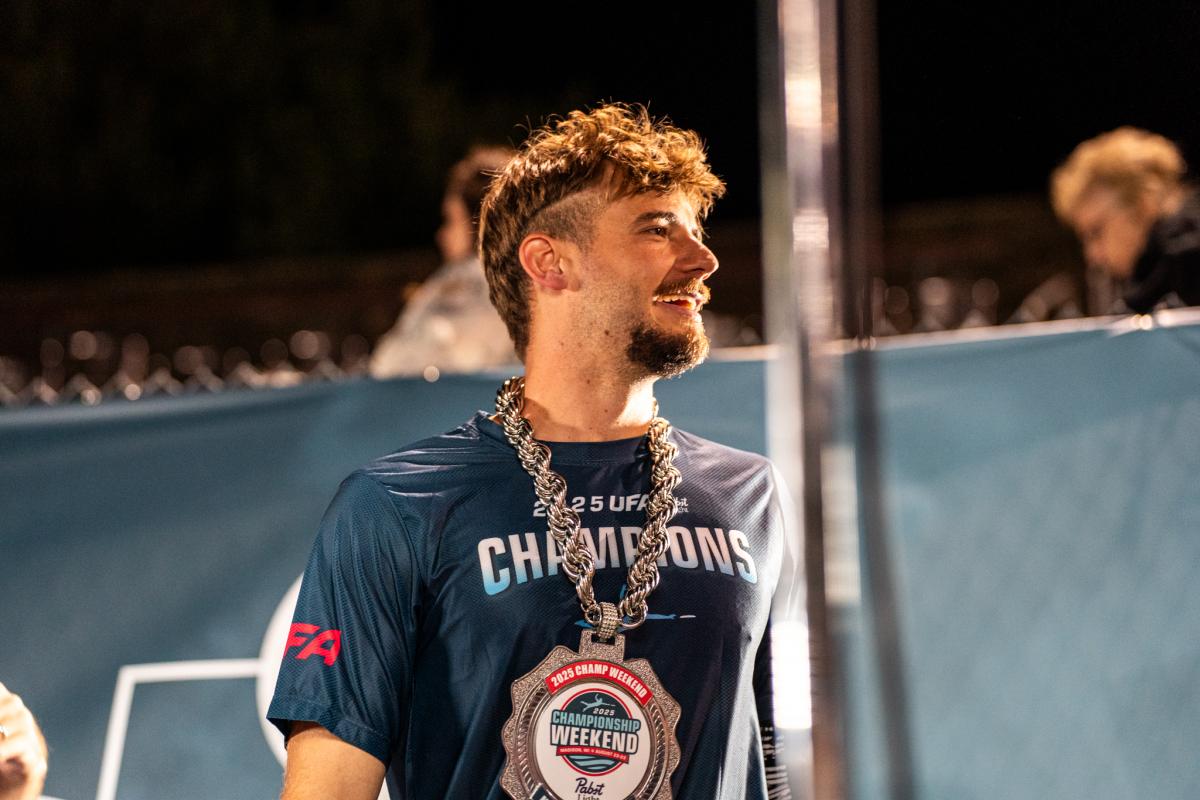
In fact, seeing Decraene win the UFA Rookie of the Year award in 2024 with Montreal was one of the reasons De Marrée was interested in joining the league for the first time this past season. Of course, he followed in Tobe’s footsteps and also was honored as the league’s top rookie in 2025.
“We both work very hard for it,” said De Marrée, “and we both are kind of focusing on frisbee now in our lives. It’s priority number one. I think we just live for it right now, and maybe that’s also another thing that fires us up a little bit to just do well. We’re not gonna spend all this money to go to the U.S. and suck.”
Throughout their dual rise, they have often chased after the same prize. But they also are clear that there has not been any major animosity between them.
“We are friends,” said De Marrée. “We have no hate towards each other. He’s an unbelievable player with still a lot of potential. And he’s a good teammate [...] We’re very competitive, but we’re still on the national team together. And we have a country to represent. We have a community to represent.”
Belgium's Golden Generation
Clearly, the rivalry has fueled their collective growth, creating a friendly one-upmanship that continues to propel and motivate their relentless training regimens. But just finding another great player to measure oneself against does not come close to guaranteeing that two guys from a faraway land can both rise above nearly all other ultimate frisbee talent in North America, the continent that has long dominated international competitions with its depth, skill, and mighty confidence.
Decraene believes that it’s not a complete coincidence that two great players from Belgium have risen to the top of the UFA at the same time, but De Marrée was less certain when asked to share his thoughts.
“I don’t have a clue,” said De Marrée, contemplating this bizarre new reality. “It’s so random actually, like how is it possible that two Belgian players that’ve played two years in the league—Tobe two years, me [in] my first—are the top of the UFA? I don’t know, to be honest. Is it because, in Belgium, and in our teams, we had to do so much sometimes, like trying to do everything? And here, it’s, I’m not gonna say easier, but you have to do less so you can focus on other things more. You still have the jumps, you still have the skies. So you can do that. It’s probably because you have to carry a bit more in Europe or in Belgium. You’re like, ok, I don’t have to do the same here; I just do what I do.”
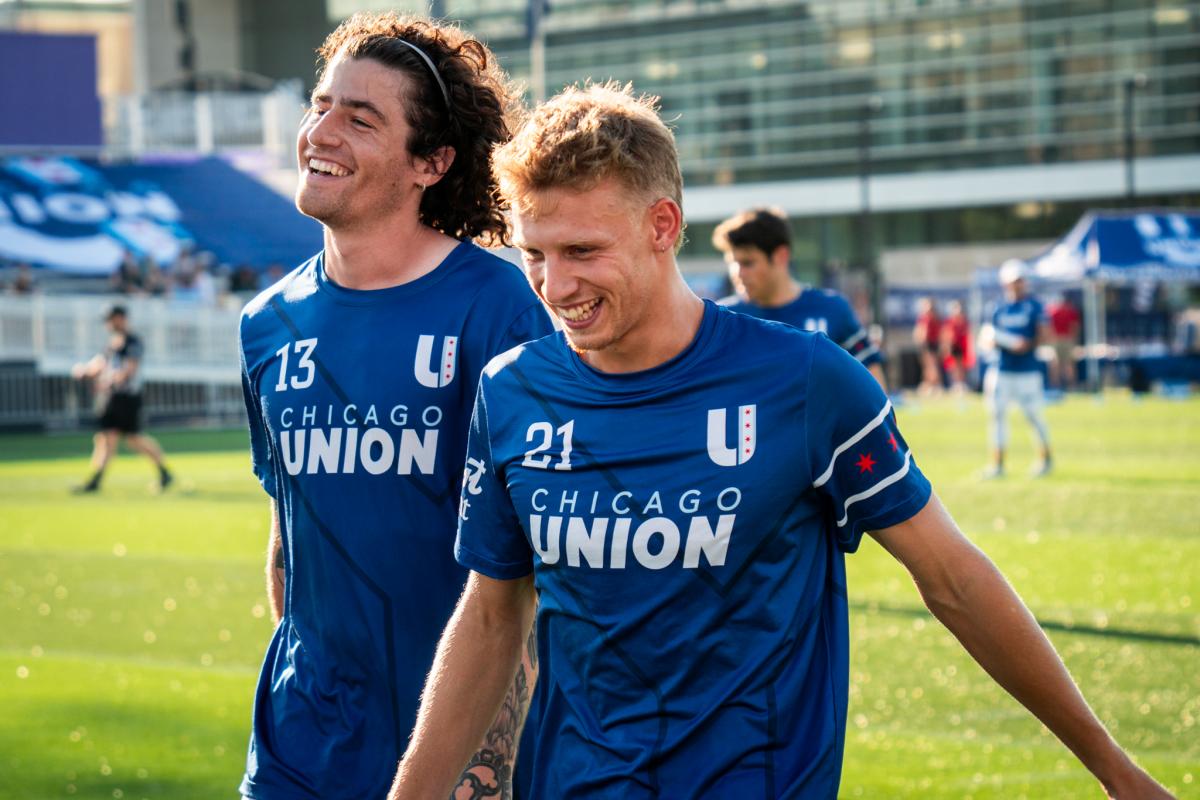
That’s definitely an interesting theory and one that makes sense as a contributing factor. And it might also be one explanation why both Decraene and De Marrée excel at making spectacularly athletic plays. After all, American offense at the highest levels has moved more toward patient, risk-averse passes, protecting possession at all costs. Completion percentages have risen, turnover counts have dropped, and maybe young players in the UFA have had fewer opportunities during their development to make crazy plays compared to their European counterparts?
“Boring offense is good offense,” said Sachin Raina, a former UFA player and head coach who also spent time living and playing in Europe. “But boring offense isn’t going to win you MVPs. Ripping hammers, roofing guys, taking chances, and racking up stats will.”
Raina also suggested that the UFA’s role in the exponential increase in available frisbee content has helped to narrow the gap between North America and the rest of the world.
“Players all over the world can see the best players every weekend,” he said, noting that the UFA thrives at churning out viral highlights. “Players around the world see these videos and picture themselves making those throws, blocks, or grabs. We should not overlook the impact the UFA has had on these guys becoming two of the top players in the league [...] Frisbee in Europe is now attracting more athletes at an earlier age, and these players are learning to play an athletic, dynamic, attractive style, with the same level of competitiveness as in North America. And unlike so many North American players, they’re dedicating their lives towards it.”
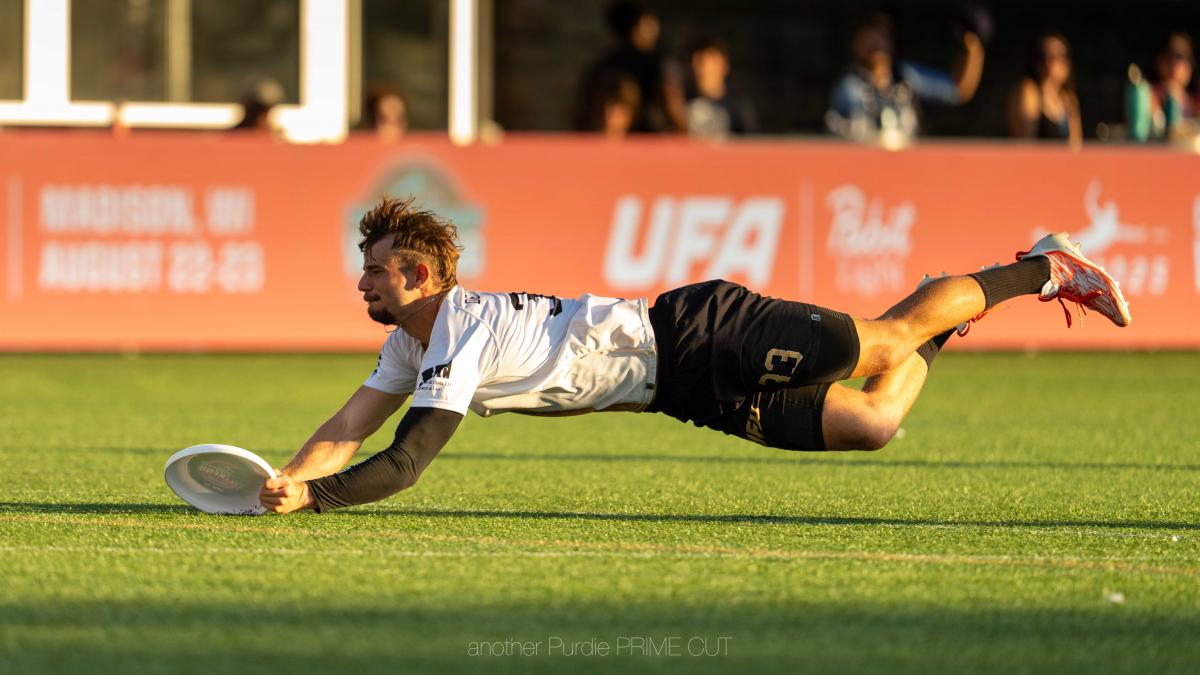
The overall growth throughout Europe, and especially in Belgium, is another crucial factor, seeding the circumstances for this pair of epic imports. Youth participation, particularly in Decraene’s hometown of Ghent, has skyrocketed, and so many of these players have been able to set lofty goals.
“I think what makes Belgium successful at this stage is that our current generation started really young,” said Pierre-Alain de Laminne de Bex, who’s coached the Brussels Mooncatchers since De Marrée joined the team in 2020. “I think we also have a way of teaching the sport that is based on sharing the love of the sport and giving tons of playing time to our kids. We focus on enjoying, and not too hard on being super strict on structures and such.”
The Mooncatchers made major waves by advancing to the World Ultimate Club Championships semifinals in 2022. Two years later, in 2024, the still-growing Brussels program won its first European title, a championship it defended last month in Poland.
“Tobe and Daan are just two of a batch of great players, and I think a lot of them would deserve to play in the U.S.,” said de Laminne de Bex. “I also think it’s becoming more of a thing in Europe. More players started early, work out, dedicate more time to the sport, and the gap with the U.S. is closing. We have a lot less depth, but the top end of European players can for sure match up with any player in the U.S. UFA is also something that is more accessible, since most franchises are ready to cover a lot of costs for the players, which makes it more accessible for European players to cross the ocean to play.”
The confluence of all these different dynamics has elevated Belgium, a country that had very little stature on the international ultimate stage a decade ago, to become a truly elite threat as a world title contender.
“We’re honestly living through a golden generation in Belgium right now,” said Bontemps. “The generation before us was the first one to really put Belgium on the map internationally—finishing seventh at the [World Ultimate Championships] in 2016. That gave us examples to follow and the motivation to go even further.”
The natural next question is whether Belgium will actually keep rising to the level necessary to dethrone the United States in a world championship final at some point in the future. Both De Marrée and Decraene, as you might expect, are quite optimistic, grinding every day with the mission of turning the ultimate world upside down.
“The sky’s the limit,” said Decraene. “The fact that we have the same amount of bids for WUCC as the US kind of speaks for itself. We have 11 million people in Belgium. [The United States] has 360 million or something like that. But we still have the same amount of bids to go to the world championships, which speaks to how much we’re on the rise [...] I hope we can finally grab a world title. I’ve been to two world finals, both of which I’ve lost, so it would be awesome for me and for Belgium to finally win a world championship.”
De Marrée echoes his countryman’s message, then takes it one step further.
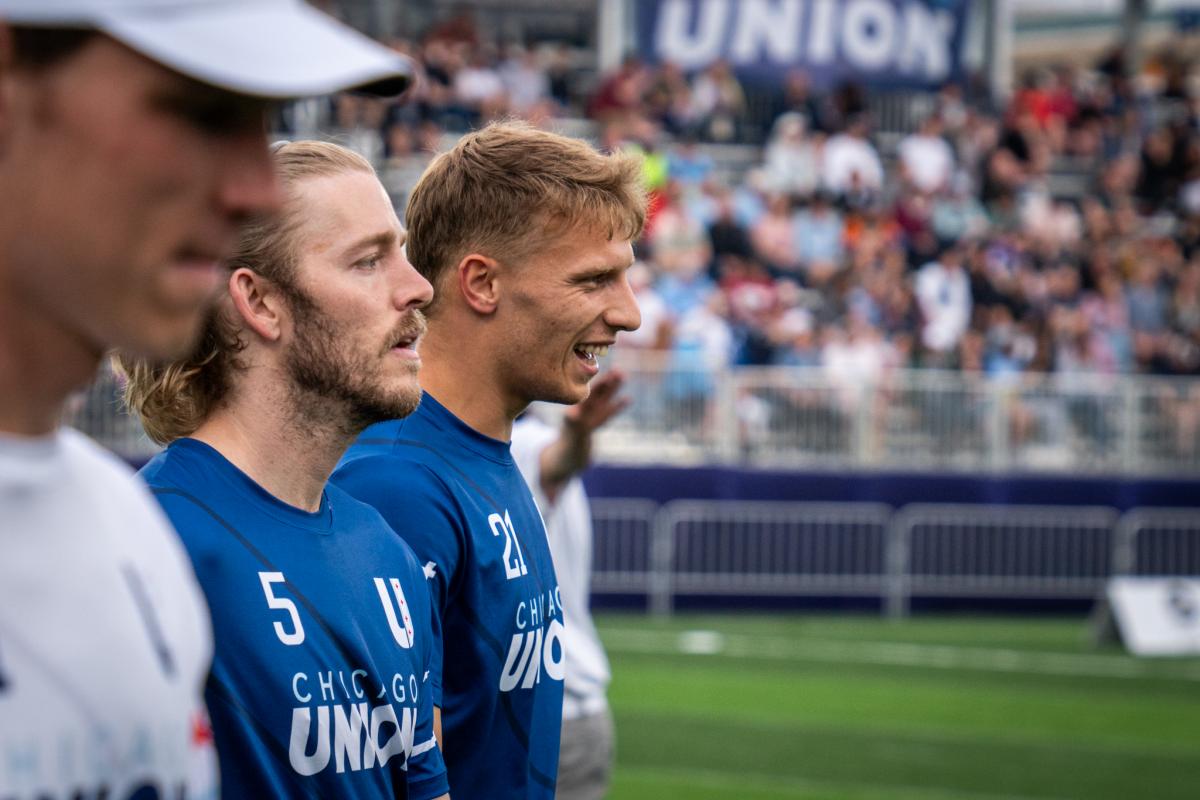
“Like I’ve said to a lot of people,” claims De Marrée, “I think Belgium is gonna be the first country in the last [many] years to beat the U.S.”
Time will tell whether Belgian ultimate can truly surpass the U.S. on an especially high-pressure day, but these two alphas are both fully embracing the expectations that they’ve created for themselves.
“I like to perform under pressure,” said Decraene. “That’s one of my favorite things, being in high-pressure situations and showing you can still do everything you wanna do…I try to basically announce the big moment to myself. Like, you know it’s coming, you don’t have to shy away from it. You know this is the moment where if you want to be one of the greats, you’re gonna have to perform [...] That’s exactly what I did at Championship Weekend, and the numbers spoke for itself.”








